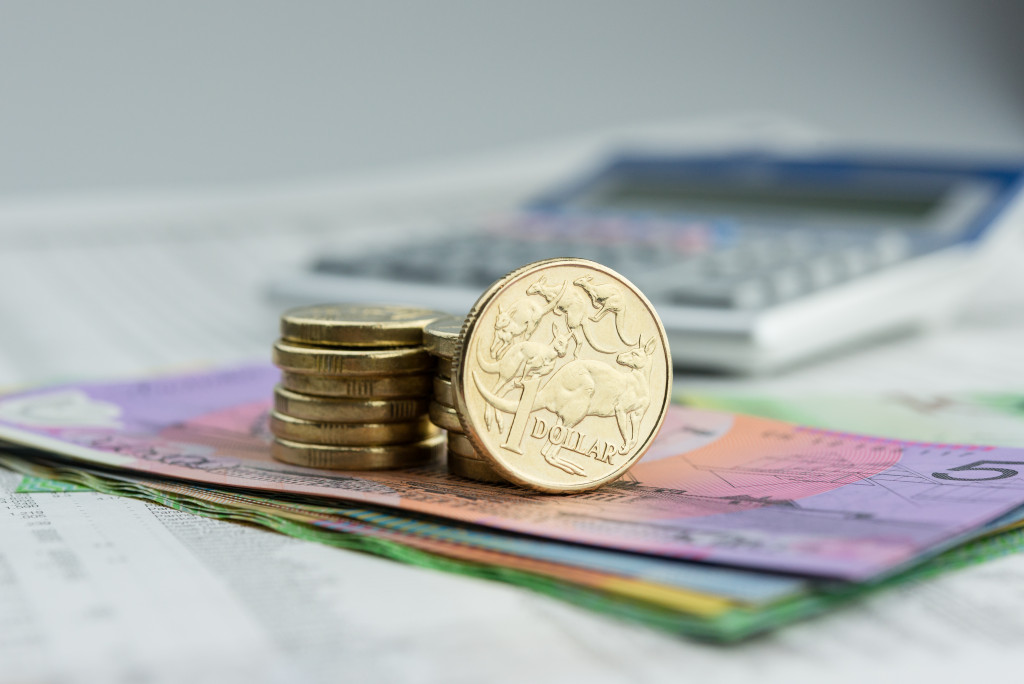Many people’s stocks and businesses are threatened because of the COVID-19 pandemic, many are wondering if there is still a good future waiting. Like the dreaded disease caused by the virus, it seems that entire populations are now faced with financial health problems brought about by unemployment, bankruptcy, and limited job opportunities in a contracted economy. As of May 2020, there are already 14 million Americans who were left jobless as part of the wide-reaching negative impact of the ongoing public health crisis.
There are, however, a number of strategies that one may consider to improve one’s personal finances even in the midst of a pandemic. These ideas are, by no means easy, but they are not impossible to do. For sure, the public health crisis will one day end. It is important to remain optimistic and focus on becoming physically, emotionally, and financially resilient during these extraordinary times. To start strong in a post-pandemic economy, consider the following suggestions:
1. Settle Debts
To start, pay off debts that have the highest interest rate. That way, savings will be incurred by shortening the debt life of an account that charges an exorbitant interest. For credit card debt, for example, check which one has the highest interest rate and decide to pay that off by cost-cutting and rechanneling funds saved to service the loan. Next, if there are other credit card debts, consolidate all of them under one bank so that there are no overlapping interest rates and only one consolidated debt payment needs to be done.
For those who are about to undergo a divorce, it is best to get a mutually beneficial divorce mediation. A long, drawn-out battle between ex-es is something that should be avoided at all costs. At the start, most people do not think about the emotional stress, higher legal fees, and hindrance to moving on with life that surely arises when ex-couples refuse to cooperate. While it is perfectly normal to retain many of the hurt feelings and disappointments, couples need to realize that having a mediated divorce will help them soberly discuss the financial aspects of their separation.
When they open their lines of communication with the able advice of lawyers, both parties can make the best use of their time in negotiating the terms. This discussion will include the all-important issue of child custody if they have children. They would also have the opportunity to account for all the assets and liabilities that were incurred during the marriage. At some point, they would determine the exact amount of alimony, duration of support, and possible separation of properties. Any amount or asset that is divided among them can be the foundation of a new financial life for each party after their marriage is dissolved in court.
For other liabilities like student loans, mortgage, and other payables, it’s a good idea to see the lender and request for loan restructuring. In some cases, extending the debt life is needed while in some situations, choosing a lump sum payment is more advantageous provided one has enough liquidity to terminate the debt.
2. Establish a New Goals for Financial Freedom

Surprisingly, many are still unaware or uninformed about the concept of financial freedom. In the simplest of terms, having financial freedom is having the means to live your life without having to work for money. This type of freedom is achieved through strategic investments that provide regular passive income; or by establishing a business that provides active income. The most successful and financially secure people often have active and passive income from a diversified pool of investments and businesses. In a post-COVID 19 economy, everybody must have a new vision of how their life will look at given the changes in the world’s socio-economic situation. This new vision must include their financial plans and goals.
3. Focus on Asset Creation
Another important concept to remember is the need to focus on asset creation. These assets may include real properties that generate rental income; or investments in stocks, bonds, and other financial instruments that pay dividends. One can also create a product or service that will become the centerpiece of a new business.
Many people, even those with high academic achievements and career accomplishments, forget to build assets and spend their time working only for a paycheck. It is often said that “a job is a temporary solution to a lifetime need for funds”. Even a high-paying job or profession is bound to end someday via retirement, redundancy at the office, illness, or another reason that prevents a person from earning income. By having the foresight of investing safely in various opportunity platforms, one can plan his or her financial life effectively before and after a pandemic.
These are only a few strategies to recover financial strength. Physical well-being is foremost during this global health crisis. At the same time, everyone needs to take positive steps toward better financial health.
